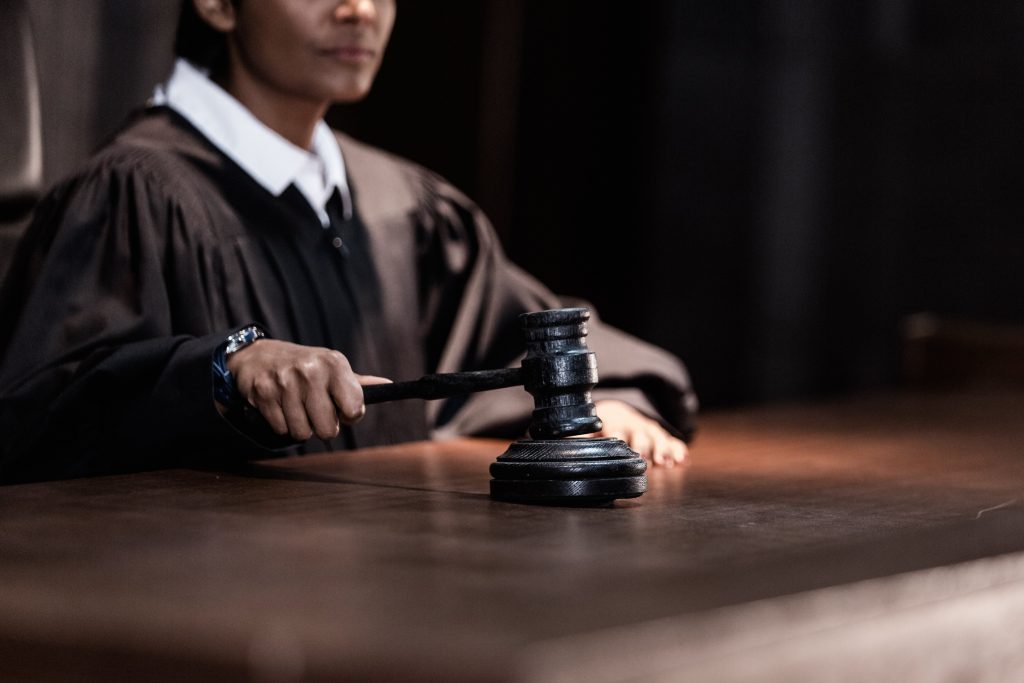
Lost profits claims are difficult to prove under New York law. This is particularly true for a new business, or an existing business entering a new market or line of business.
A recent decision in a case heard in Arizona District Court – but involving a supply agreement governed by New York law – provides some insight into the hurdles faced by such claims.
In IceMOS Technology Corporation v. Omron Corporation (2:17-cv-02575) , the plaintiff, a business that sells semiconductor components, sued the defendant alleging breach of the supply agreement. The plaintiff’s claims included lost profits. The defendant countersued, and the case is ongoing.
In November, the court granted the defendant’s motion to dismiss the lost profits claim, finding that the plaintiff did not establish lost profit damages with reasonable certainty.
Three-Part Test
As explained in the decision, under New York law, there are two broad categories of damages that can result from a breach of contract. The first is the general damages that are the natural and probable consequence of the breach. The second is special or extraordinary damages that do not flow directly from the breach. A claim for lost profits is an example of a claim for special or extraordinary damages. New York uses a three-part test to determine if a party is entitled to recover lost profits:
- The damages must be caused by the breach of contract.
- The loss must be proven with reasonable certainty.
- The party making the claim must demonstrate that the lost profits were foreseeable, that they were in “the contemplation of the parties at the time the contract was made.”
For a new business, the bar is set even higher. In order to establish reasonable certainty, a new business making a lost-profits claim must generally support the claim “with evidence of a history of profit or comparison of the new business with other comparable and profitable businesses.”
In addition, a new company must consider general market risks that might hurt its future profits, such as new competitors, technological or regulatory changes, or general market movements.
The hurdles for new businesses also apply to existing businesses entering new markets. This was the case for IceMOS, which reached an agreement with Omron Corporation in 2011 under which Omron would fabricate semiconductor wafers for IceMOS over several years. IceMOS purchased just a small fraction of the agreed-upon quantity. The court found that the plaintiff was a new business, as IceMOS was entering a new market, and held it to the higher standard.
The plaintiff’s lost profits claim relied on projections by the company’s president and a pair of experts. The plaintiff did not show a history of profits or any comparisons with profits of similar businesses. The court noted that, in New York, projections are generally not sufficient to establish lost profits with reasonable certainty. “Without a history of profit or evidence showing the profitability of other like-businesses, Plaintiff cannot establish lost profit damages with the reasonable certainty New York law requires for new businesses.”
The decision builds upon a series of earlier rulings that address aspects of the three-part test and the heightened evidentiary burden for new businesses. You can read the decision here.
Advent Valuation Advisors provides a variety of litigation support services. Please contact us if you have questions about the determination of lost profits or the calculation of other types of damages.
